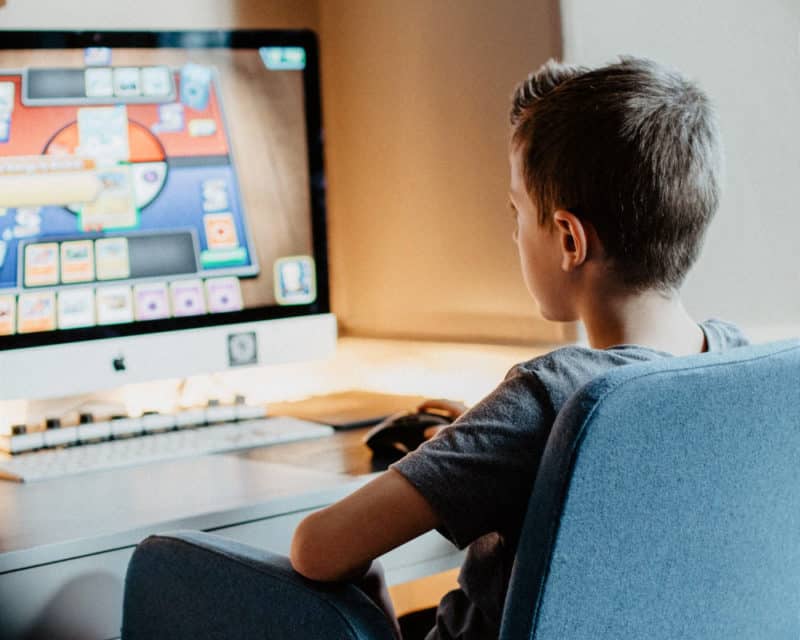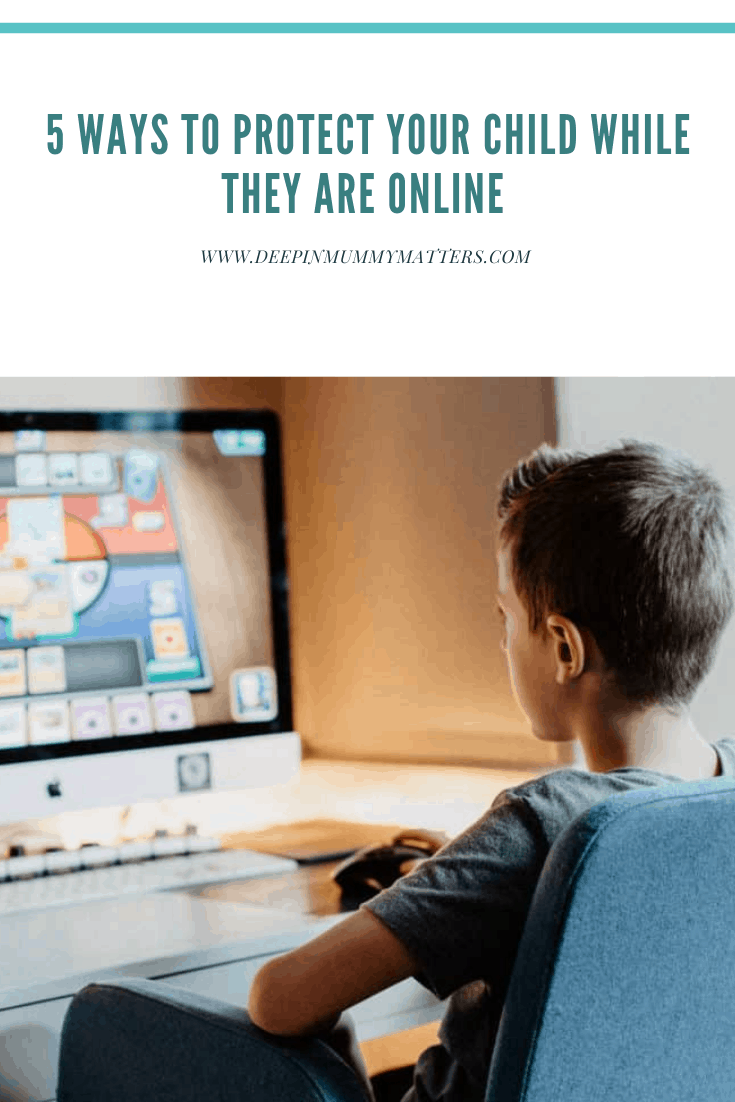Featured Post
Parents have the duty to protect their children till they understand what is right and wrong. Protecting children from numerous online hazards is not easy, especially when they are teenagers. Kids aged 10 to 15 are considered the hardest to handle and most vulnerable to cyber-attacks.

They trust their friends more than their parents. They are curious to explore numerous things making them a perfect target for blackmailers, people who misuse their innocence, and hackers who lure them with gifts to get information about their parents and siblings.
Peer pressure plays an important role in shaping the behaviour and beliefs of children aged 10 to 15. Parents should take appropriate steps to monitor who their children are mingling with online and what type of influencers they idolize carefully. Here are some useful ways to monitor your children’s online activities if they fall under the age group of 10 to 15.
1. Common Space Internet Usage
Encourage your kids to use the laptop or Smartphone only in the common areas of the house like the living room, in the presence of all the family members. Strictly forbid them to use internet-connected devices in their bedroom. It is advisable to install a jammer in their room or cut off the internet or Wi-Fi after a particular time at night.
2. Parental Control Software

Use specialized parental control software like Bark that monitors kids’ social media accounts using their email id in other Wi-Fi networks and monitoring chats. Several companies like Norton create such parental control software, which even keeps tabs on webcam usage.
Check the one best suitable for you and install it in the system and Smartphones your kids use.
Inform the children about the importance of parental control and why constant monitoring is necessary to keep them safe. Most kids think twice before yielding to peer pressure and trying something unscrupulous if they know their parents constantly monitor their activities.
3. Teach Them to Say No
- Talk with kids and encourage them to refuse anything that makes them feel uncomfortable. A slumber party or a get-together gone wild should not force them to pose nude on a friend’s webcam. Encourage your kids to say ‘no’ strongly even if it is their friends and never to yield to any blackmails online.
- Assuring them you are there to help them will make the kids come to parents first if they face any cyberbullying, think they need help, or feel compelled to watch unwanted material they don’t like. Most kids yield to peer pressure and start engaging in activities like rude communication or getting addicted to online games at this age.
- Parents should train them to stay bold and say ‘no’ to weird online requests, friends or game mates compelling them to do things because it is trendy or cool. Parents should communicate with the kids in a friendly way creating a trustworthy bond to do this.
4. Educate with Parental Care
Parents should always have the final control when it comes to making the rules. They should not allow children to know the Wi-Fi password, strictly instruct them not to share too many details online, and enforce rules regarding screen time and daily data usage limits.
Most kids start opposing their parents from 13 and rebel against every single rule set in the house. Handle them with patience and make them understand the importance of such rules. Explain to them about various data breaches, online dangers and cyber attacks.
Handle the most common plea of “all my friends do it” with a strict ‘no’. Encourage your kids to warn their friends or prevent their friends from indulging in unwanted activities online. Teaching kids cyberbullying is a crime prevents them from indulging in it or becoming a victim.
Children aged 10 to 15 get angry easily as they are going through puberty. Their general curiosity to explore sexuality and other adult-natured stuff makes them a vulnerable target for online blackmailers. Parents should talk with them in a friendly manner and understand it is a normal phase that will pass soon.
5. Check who they are Connecting with

If an online friend or an online game mate is trying to get too close to them, asking their house address and other details, they should get their parents’ permission first before disclosing personal details.
Talk to the person first and get their information. Check whether the data they gave is matching with the data shown on the Nuwber website. The website lists authentic details of US citizens. Allow the children to connect with them if you are sure the person is giving genuine details.
Don’t encourage children below 13 to use social media and children below 16 to use dating websites. Help them find and watch age-appropriate content and join them in online classes pertaining to their interest, like music or drawing, to divert their attention and make them use the internet resourcefully.
- Reward the children if they are acting responsibly by taking them out or buying them a small gift.
- Give points for their online alertness and ask them to share what they learned about online safety once in a week or a fortnight.
- Share your experiences with the kids and make them give you tips regarding new software to protect the email better or mask the credit card.
Children like it when their parents trust them and assign them some responsibility. Use this affinity to let kids showcase themselves as a know-it-all to make them self-aware of the numerous online dangers.
Conclusion
Teaching children regarding various online dangers, encouraging them to do self-research on the topic in the pretext of helping you are important ways to protect your child in the online world. Enforce strict rules and educate the kids regarding cyberbullying, accepting gifts from online friends and other activities that might lead to blackmails. Make them say no strongly and approach you without second thought instead of getting scared or yielding to peer pressure.

